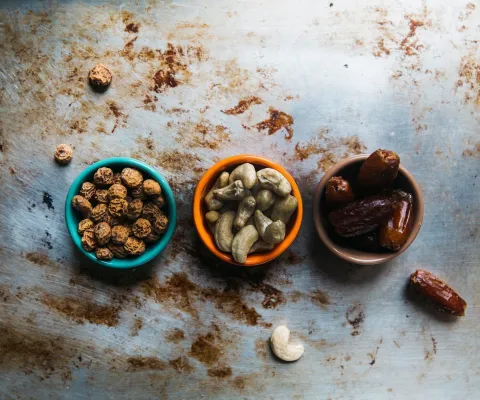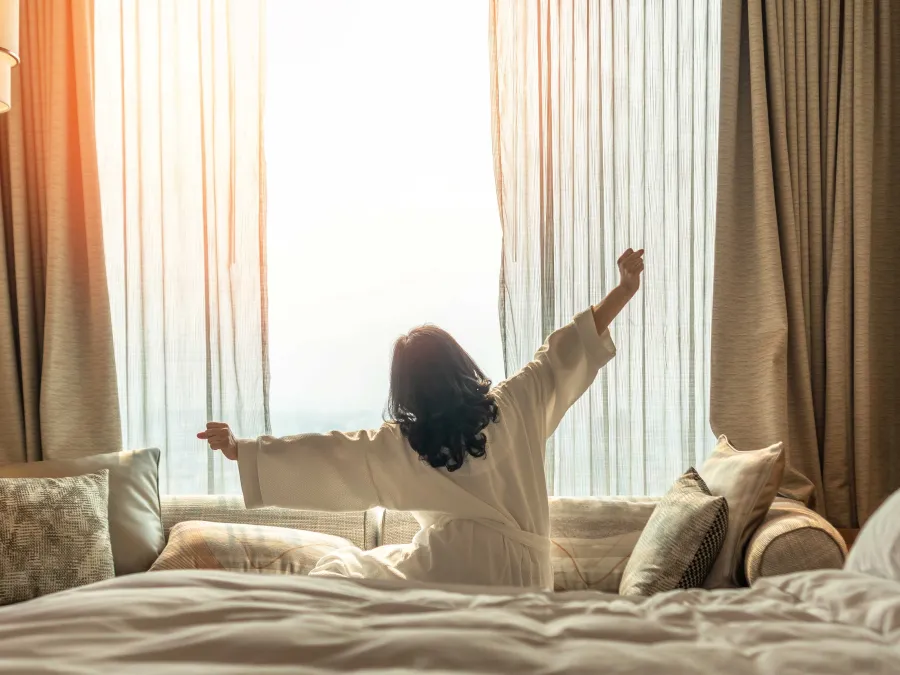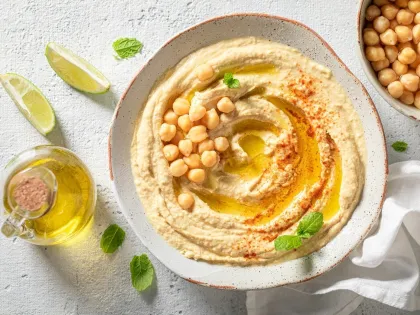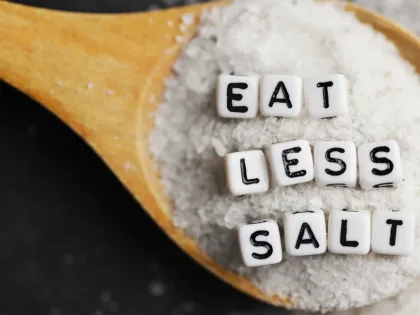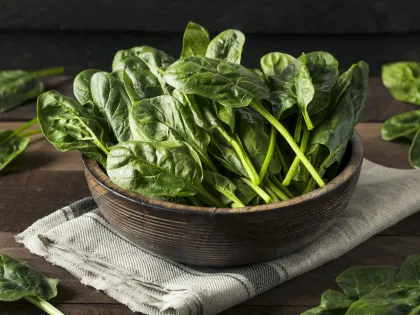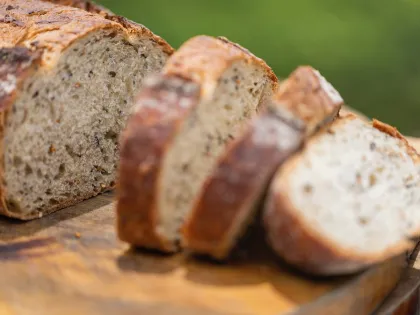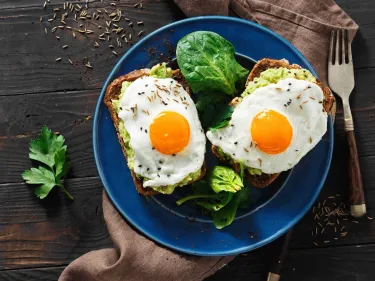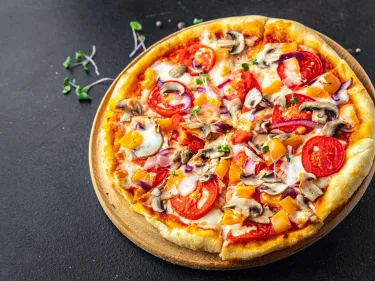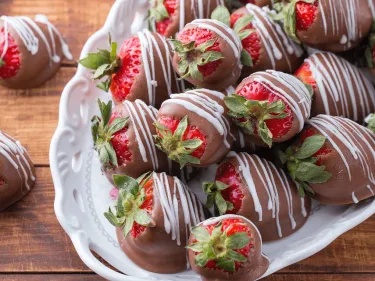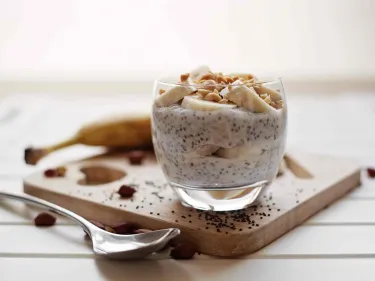Getting a good night’s sleep might feel impossible, especially when you’ve got uni assignments, work deadlines, or social media keeping you up. But here’s the thing: improving your dietary patterns – and what you drink too - could be the key component to improving your sleep!
Firstly, how much do you really need?
According to the National Sleep Foundation, adults (18-64 years old) need 7-9 hours of sleep each night to function at their best. If you're 65 or older, its 7-8 hours.
But it’s not just about the hours, it’s also about the quality of your sleep too! Getting the right kind of rest, like hitting enough REM (rapid eye movement) sleep, waking up less, and improving sleep latency (how long it takes to fall asleep) are key to feeling refreshed.
What is the relationship between nutrition and sleep?
The link between sleep quality, restful sleep and nutrition is stronger than you think! Melatonin, the key sleep hormone can’t be formed without essential amino acid, tryptophan. Amino acids are considered the ‘building blocks’ of protein, and those termed ‘essential’ are the ones that your body can’t make. That mean you need to consume them through food. Some high tryptophan foods include:
If better sleep is the goal, certain foods and eating patterns can really help. Pair tryptophan-rich foods with complex carbohydrates (like oats, sweet potato, brown rice or wholegrain bread) in your evening meal or snack. These combinations help tryptophan get into your brain where it can be converted into melatonin.
Try this:
- Yogurt with granola and chia seeds
- A banana and a handful of almonds
- Wholegrain toast with peanut butter
- A lentil and sweet potato curry with brown rice
Sticking to a Mediterranean-style diet, which focuses on wholegrains, veggies, legumes, healthy fats and lean proteins – has also been shown to support better sleep and better mental wellbeing.
Can food negatively impact sleep?
Some food groups and drink can adversely impact your sleep quality, and duration, leaving you waking up tired, more irritable and having worse focus.
Consuming stimulants like caffeine close to bed time, or even in the 6-8 hours prior to sleep, can significantly reduce sleep quality, as it inhibits the body’s ability to feel tiredness and can prolong sleep latency.
Other factors that contribute to poor sleep quality include frequent consumption of sugar sweetened beverages like, soft drink, heavy alcohol consumption, and binge drinking, as well as eating foods high in fat, like takeaway or fried foods. While mono and polyunsaturated fats play an important role in maintaining brain health, foods high in saturated fats at evening meals have been linked to more disrupted, poorer quality sleep.
Sleep Hacks You Can Actually Stick To
Ready to get better sleep? Here are some easy sleep hacks that don’t require major changes
- Set a sleep schedule: Go to bed and wake up at the same time every day. Yes, even on weekends! Your body thrives on routine.
- Ditch the naps (especially late in the afternoon). Napping too much during the day can affect with your ability to sleep at night.
- Cut back on screens: Try turning off your phone, Netflix, or TikTok at least 30 minutes before bed. Instead, pick up a book, do some light stretching, or meditate to wind down.
If you’re keen to learn more about optimising your sleep, and understanding nutrition, check out the Nutrition Science Bites podcast episode: Diet and sleep! It's no joke - What you eat and drink matters! With Laureate Professor Clare Collins and Ilyse Jones.
